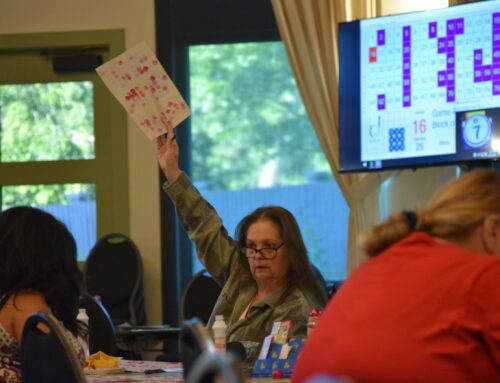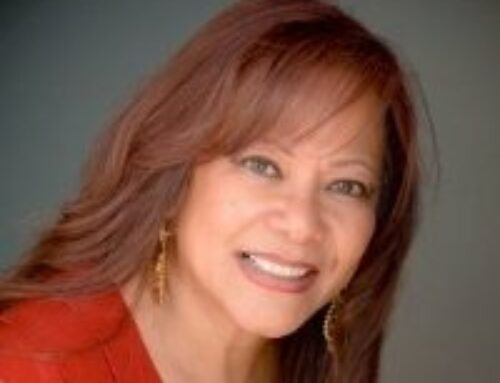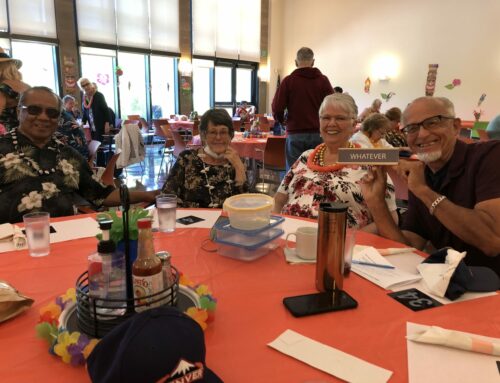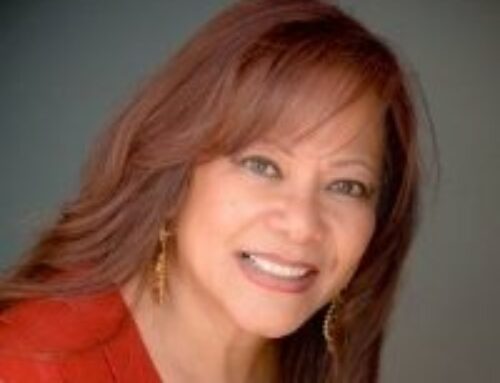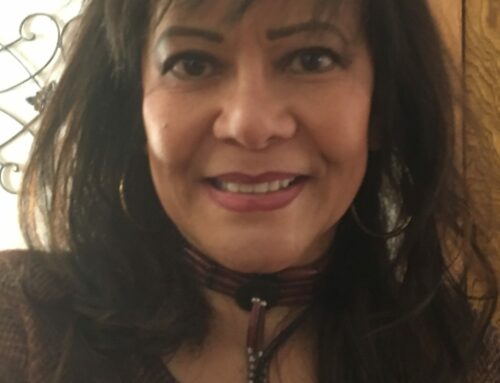A stroke can affect anyone at any age
By Dorie Sugay

Dorie Sugay
There is so much information needed to age well, even the most diligent parents couldn’t possibly cover them all. It is too bad that there isn’t a manual that could teach us how to age well enough that we can “age with an attitude!”
For example — your parent(s) may have high blood pressure, or deal with obesity, or have diabetes, arrhythmia or AFIB . . . they may be sedentary, have poor nutrition and consume more than two alcoholic drinks a day and yet more than likely, there has not been a conversation linking these risk factors to something that affect 795,000 people in our country, something that hits people every four seconds — a stroke.
A stroke can affect anyone at any age. Nearly one quarter of strokes hit people younger than 65 years old. In 2022, the National Inpatient Sample (NIS) shared a concern — a significant increase in hospitalization for acute ischemic stroke patients aged 18-44 years.
Statistics show that 10-20 percent of patients recover from a stroke almost completely; 25 percent recover with only minor impairments, and 40 percent experience moderate-to-severe impairments that require special care. There are several factors that affect recovery after a stroke: physical factors, emotional factors, and social factors.
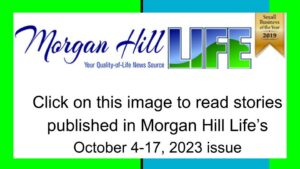 Many people in South County have had strokes and thanks to two locals (Steve Salazar and Rich Yamashita)there is help. Steve and Rich met at a walking/bicycle path along Third Street and discovered that they both survived strokes. Both were referred to support groups but the commute was a deterrent, so they met for coffee to bounce around some ideas. They both recognized the importance of emotional factors (such as motivation, mood, ability to stick with rehab activities outside of therapy sessions) and social factors (such as the support of others) and experienced the role of a support group.
Many people in South County have had strokes and thanks to two locals (Steve Salazar and Rich Yamashita)there is help. Steve and Rich met at a walking/bicycle path along Third Street and discovered that they both survived strokes. Both were referred to support groups but the commute was a deterrent, so they met for coffee to bounce around some ideas. They both recognized the importance of emotional factors (such as motivation, mood, ability to stick with rehab activities outside of therapy sessions) and social factors (such as the support of others) and experienced the role of a support group.
These factors motivated Rich and Steve to start a group, to reach out to many who find themselves lost in a sea of the unknown.
Margaret Garretson, stroke coordinator at St. Louise Regional Hospital, was very helpful. I had the honor to provide organizational development guidance and with the help of Lilly Weisinger, a local physical therapist, who tirelessly worked contacting resources, working on flyers, etc. Rich and Steve’s wish to help others became a reality — Up and Moving Forward was born. (Their motto: Getting Up and Moving Forward).
The group has come a long way. The in-person meetings can now fill large conference rooms with highly engaged members.
The meetings are held the second Wednesday of the month at the Gilroy Library at 350 W. Sixth Street (First Floor), and it starts at 1 p.m. and ends no later than 2:30 p.m. Participants (stroke survivors and their family/friends) from Tres Pinos, Santa Cruz, San Jose and as far as Palo Alto have found this group to be very helpful. Many saw this group as the family they did not have and need at this time of challenge.
They bring in guest speakers who discuss ways to avoid, treat and help recover from a stroke. They facilitate a very organized discussion and sharing of experiences between members, and they share information that help stroke survivors navigate their new path and empower them to have confidence in the future, even if it means carving a new reality.
Lilly Weisinger has done an excellent job hosting the meetings. Steve, Rich and Lilly have come up with a short list of rules that ensure that meetings are organized, people are empowered to talk and feel safe sharing even their fears if they are so inclined, or just be present, perhaps participating with just a nod — it is a safe place to be, a safe place to honestly face and acknowledge one’s feelings and sense of loss.
Even those who come with crossed arms, determined to prove to a loved one that they don’t need a support group, find themselves participating. The group is making a difference in the lives of its members, and Rich Yamashita, Steve Salazar and Lilly Weisinger deserve to be acknowledged for providing this valuable resource to the South County.
If you or anyone you know would like to join, you can just show up at the meetings at the Gilroy Library the second Wednesday of the month, or email [email protected] or [email protected].
The group has a Facebook page. It is under Stroke Survivors Support Group of Gilroy, CA and surrounding areas.
A stroke is a challenge that requires the support and love of others. Up and Moving Forward is there for those who want to continue to live as passionately as possible, despite the stroke.
Joining this group is a comforting reminder that you do not have to face the challenges ahead alone — that there are others who truly know how you feel and will walk the path of recovery with you.
Dorie Sugay is the executive director of Visiting Angel and involved with senior issues in Morgan Hill. She can be reached at (408) 846-2988 or email here at [email protected].


